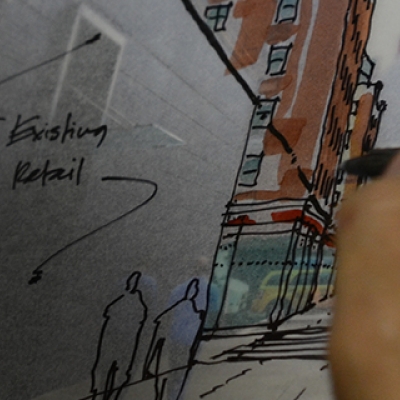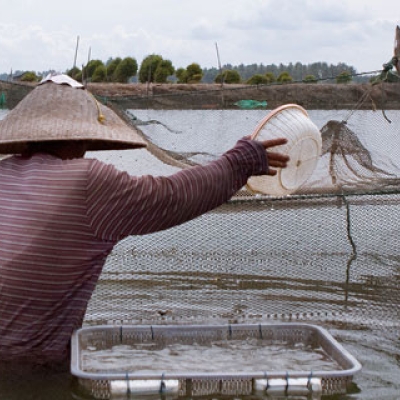
Hazards of the Harvest: Children in the Fields
By Elizabeth Grossman / On August 9th, 2011
While the rest of the country has been experiencing an epic heat wave, in the Pacific Northwest where I live, thus far the summer has been unusually cool. One consequence of the cool weather is a slow-to-appear local tomato crop, made evident to consumers by some remarkably high prices. A pint of organic cherry tomatoes at my neighborhood market recently jumped more than a dollar within a week to $4.99, prompting me to wonder precisely what goes into the price of tomatoes.




